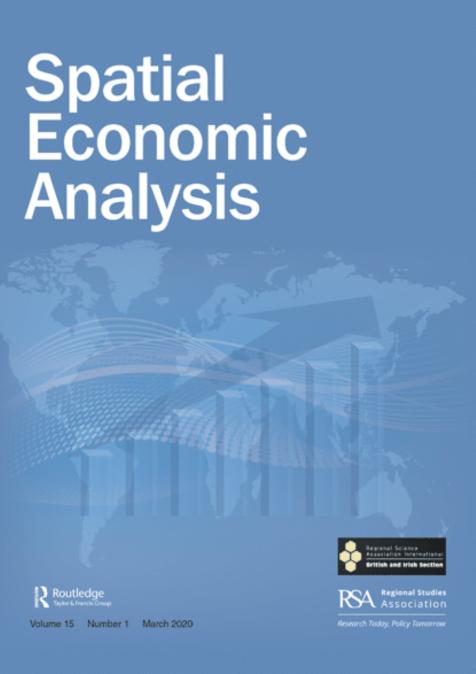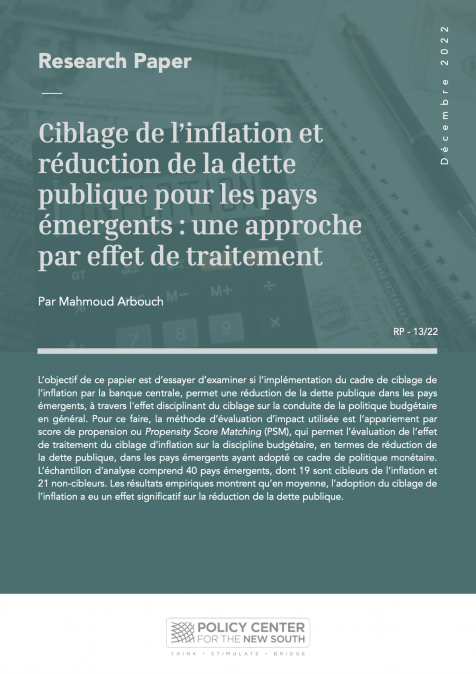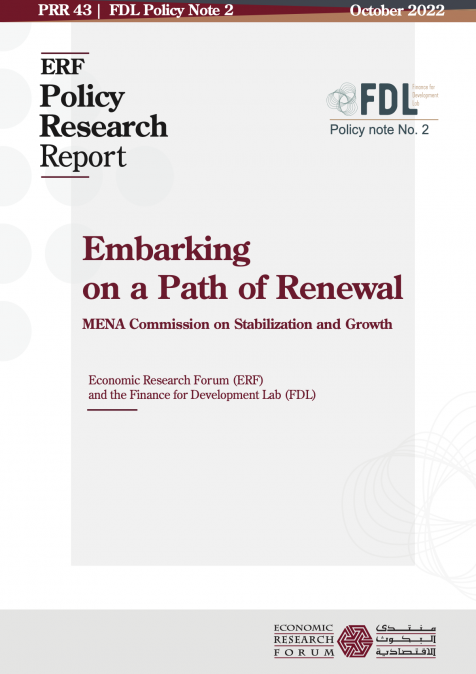Publications /
Opinion
Last week Jim Yong Kim, president of the World Bank, unexpectedly announced his resignation, effective as soon as next month and three and a half years prior to the end of his second mandate. Given the current environment of challenged and weakened multilateralism, the aftermath of his succession has a relevance that transcends the limits of that institution.
While an analyst has alluded to President Kim as “voting with his feet” on the World Bank's loss of significance in investment in developing countries, the impact of what the institution does should not be reduced to the size of its funding flows. In addition to serving as a benchmark for high quality - governance, social and environmental impacts and others - for private and public investments in the areas where it operates, the World Bank has increasingly focused on actions and financial operations through which it leverages private investments in a complementary way.
The Bank also holds an extraordinary intangible asset that goes beyond its ability to mobilize financial resources. Take any complex and multidisciplinary development challenge. The Bank is uniquely able to break it down into parts, address each of them, and rebuild it back with integrated solutions. In this sense, it provides a global public good with the multisectoral, analytical organizational capacity that it has developed throughout its evolution. Having spent most of my last 15 professional years working at the Bank, I have been able to see the exercise of such a capacity on many occasions. As in the case of a natural resource use strategy called for by the Indonesian government for which engineers, economists, and social policy experts have mastered their exercise of decomposition and reconstruction.
Another global public good provided by the Bank comes from its role as a kind of hummingbird, pollinating knowledge as it carries across national borders lessons learned from successes and mistakes in the places where it operates. As a multilateral institution, it is a peculiarly reliable source of evaluation of public policies of member countries, being able to construct parameters and indicators about those countries’ performance in many policy dimensions.
As an example of its hummingbird function, at the time I was a vice president at the institution, the Bank facilitated an interexchange between Mongolia and Chile on the latter’s successful experience of management and developmental use of natural resource richness in copper. In a similar way, the Bank was able to diffuse to many developing countries the lessons accrued from the Brazilian experience with conditional cash transfers. More recently, a major project to deal with urban floods in Manila, Philippines has benefited from the experience gained by the team that had previously worked with poor houses on stilts in Salvador, Brazil. As a region comprising many countries classified as "middle income" by the Bank, Latin America and the Caribbean has played a significant role both as a destination and as a source of financial results and learning for the Bank.
The provision of such global public goods depends largely on the institution's work not being adversely affected by instability or major fractures in its multilateral governance superstructure. As a bank with capital shares heterogeneously distributed among its members, everything it does inevitably depends on continuously finding a balance - a "weighted average" - among "voices" with differentiated volumes. It was not by chance that the institution entered a tailspin during President Wolfowitz's (2005-07) administration, when the top command maneuvered around the Bank's board of executive directors and arm-twisted the bureaucracy to align strictly country relationships with foreign policy priorities then prevailing in the US government. The revolt of other shareholders and the institutional paralysis ended up being solved only after a traumatic departure from the president.
That is why the transition abruptly starting at the World Bank is very important, given the risks that the adverse conjuncture for multilateralism might contaminate the process and what the institution does. In my judgment, it matters less the nationality - natural or acquired - of who is selected and more the observance, in its exercise, of the balance to which we referred.
Likewise, it will matter a lot if the choice is of someone with a proven track record of leadership, experience of managing large organizations with international exposure, and a familiarity with the public sector – attributes announced by the Bank's board of executive directors for the selection of Jim Kim's successor. Instead of symbology or political affection on the part of public authorities of some major shareholder, the chosen must be able to articulate a clear vision of the Bank's multilateral development mission, rather than attempting to build one only after being in office.
As history shows, attempts to submit the institution to strictly bilateral agendas or to extreme points of view in relation to what most shareholders want it to do - as for example would be the case of attempts to shrink or reverse what is done there regarding climate change - would only result in paralysis or death of the hummingbird.








